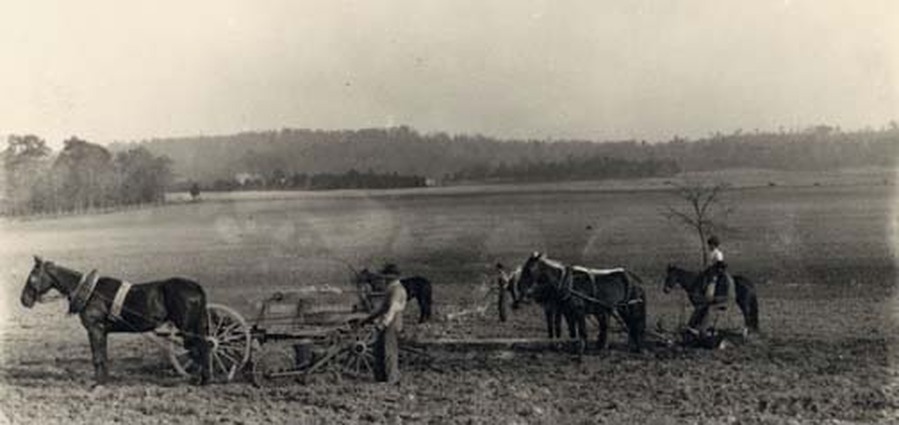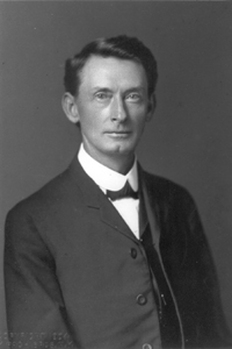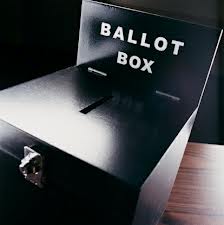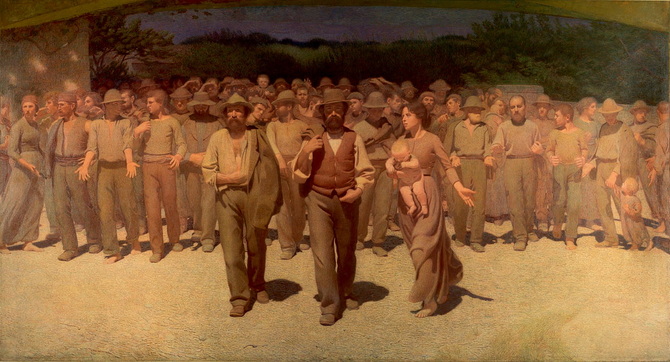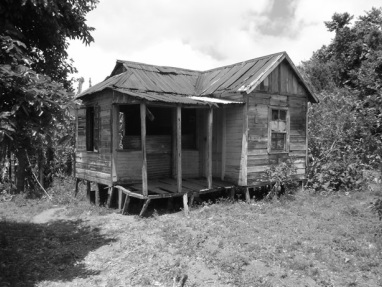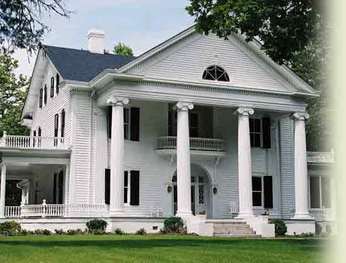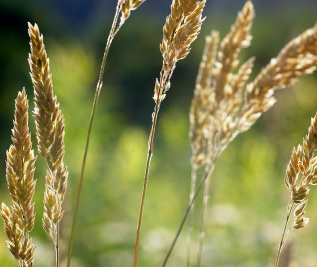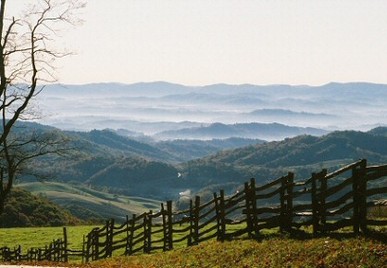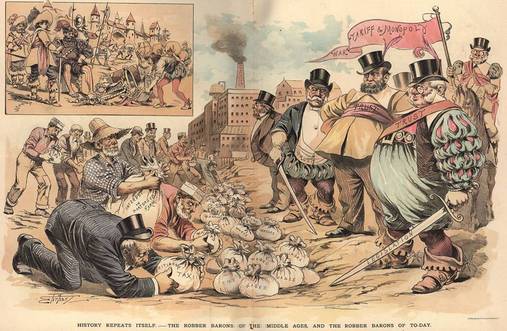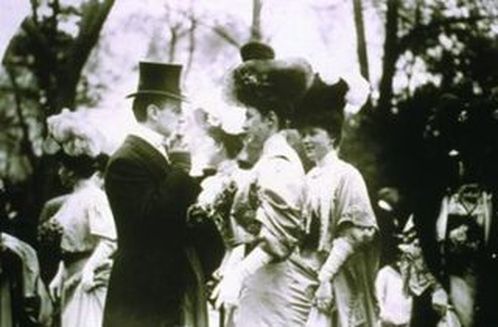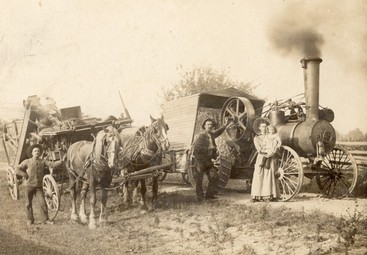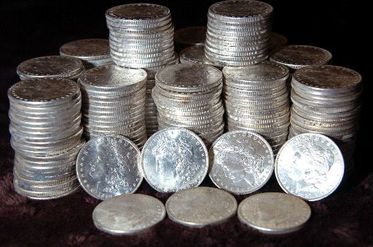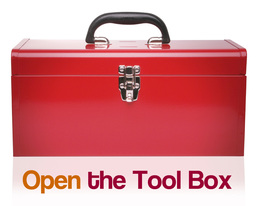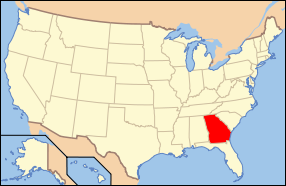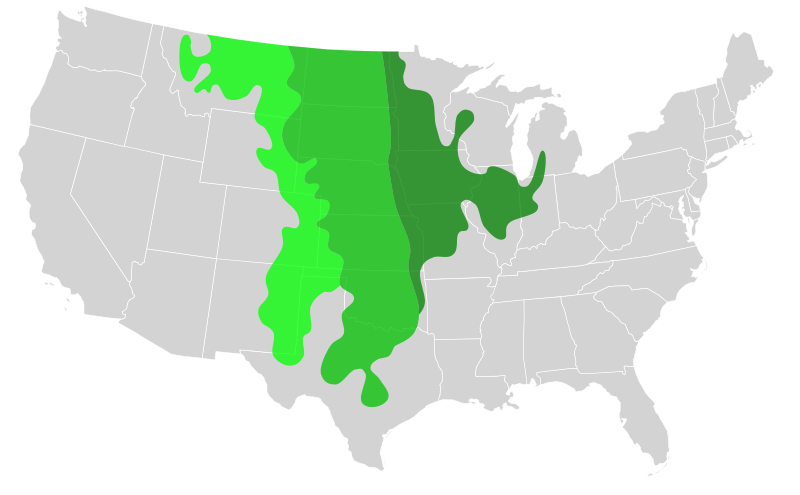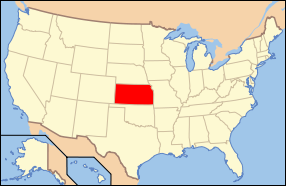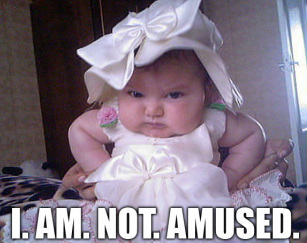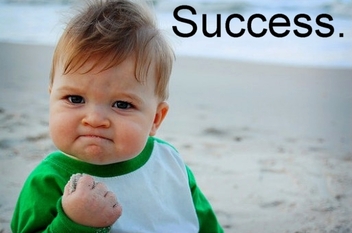Focus Activity - Determining a Purpose for Reading
Lesson Outcomes

Outcomes are what you (the student) will be able to do after the lesson is over.
1. I can define historical, political, economic, social, and historical vocabulary necessary to understanding the lesson.
2. I can explain the changing economic conditions in the late 1880s and early 1890s.
3. I can judge how the effects of economic conditions of the late 1880s and early 1890s made life difficult for American Farmers.
4. I can conclude why the farmers in the late 1880s and early 1890s were angry with the American government.
5. I can defend why the farmers in the late 1880s and early 1890s began backing the new political party that developed during this time.
1. I can define historical, political, economic, social, and historical vocabulary necessary to understanding the lesson.
2. I can explain the changing economic conditions in the late 1880s and early 1890s.
3. I can judge how the effects of economic conditions of the late 1880s and early 1890s made life difficult for American Farmers.
4. I can conclude why the farmers in the late 1880s and early 1890s were angry with the American government.
5. I can defend why the farmers in the late 1880s and early 1890s began backing the new political party that developed during this time.
Lesson Mission
|
Teaching Activity - Guided Reading
Team Activity - Small Group Discussion
Discussion Question 1:
After we finish question 1, you will need to scroll down to see the next question.
After we finish question 1, you will need to scroll down to see the next question.
Discussion Question 2:
After we finish question 2, you will need to scroll down to see the next question.
After we finish question 2, you will need to scroll down to see the next question.
Discussion Question 3:
After we finish question 3, you will need to scroll down to see the next question.
After we finish question 3, you will need to scroll down to see the next question.
Discussion Question 4:
After we finish question 4, you will need to scroll down to see the next question.
After we finish question 4, you will need to scroll down to see the next question.
Discussion Question 5:
After we finish question 5, you will need to scroll down to see the next question.
After we finish question 5, you will need to scroll down to see the next question.
Discussion Question 6:
After we finish question 6, you will need to scroll down to see the next activity.
After we finish question 6, you will need to scroll down to see the next activity.
Individual Activity -
Lesson Module 10: The People's Party Pass Off Quiz
Make sure you play the Trivia game before October 18th with a 100% to get credit for Lesson 10: the People's Party. You have three times to pass off. So, make sure you pay attention in class and reread! Also take your time! I should not see any quizzes completed in less that 3 minutes! You may use the reading for pass-offs. Your highest grade is the grade taken.
Reflection Checklist -
Did You Complete Lesson Module 10: The People's Party
Activities for Topic 2 Lesson 10 Module:
- Did you read the lesson?
- Did you answer the discussion questions for the Team Activity?
- Did you make a 100% on the quiz?
|
No?
Why Not? Get it done! |
Yes?
Victory is Yours! You have completed Lesson 10 Module: The People's Party. Congratulations! |


